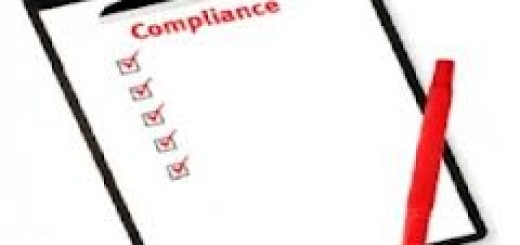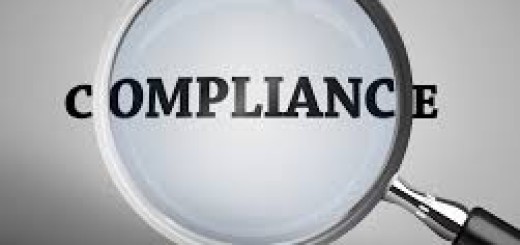Webinar: Managing Your Internal Investigation Program
Tuesday, June 3, 2014, 12 Noon EST Sign Up Here Global companies have to design and implement an efficient process for conducting internal investigations. An effective ethics and compliance program requires companies to screen complaints, assign appropriate resources to each, and resolve investigations in a fair and even-handed way. The internal investigation process provides important insights that can be used to improve a company’s ethics...
























